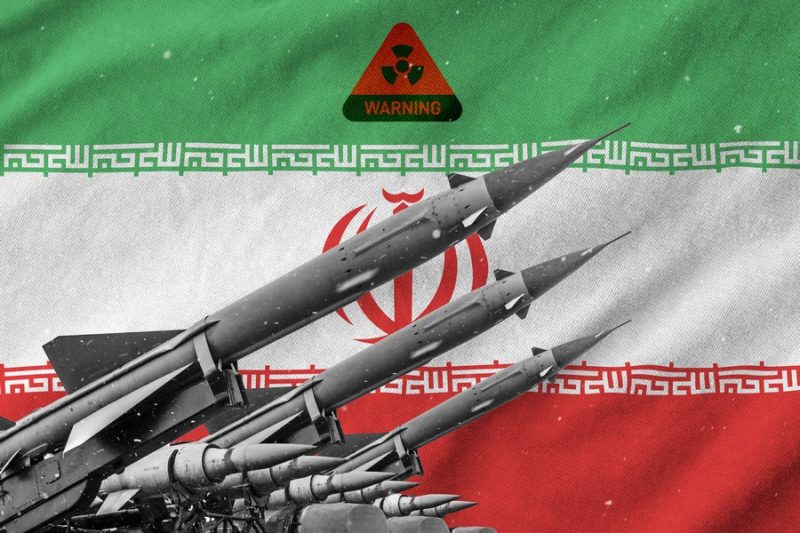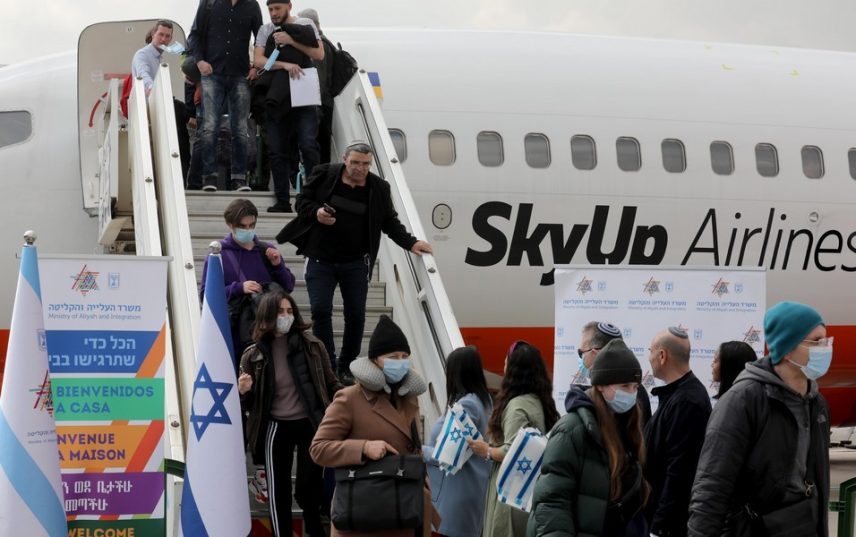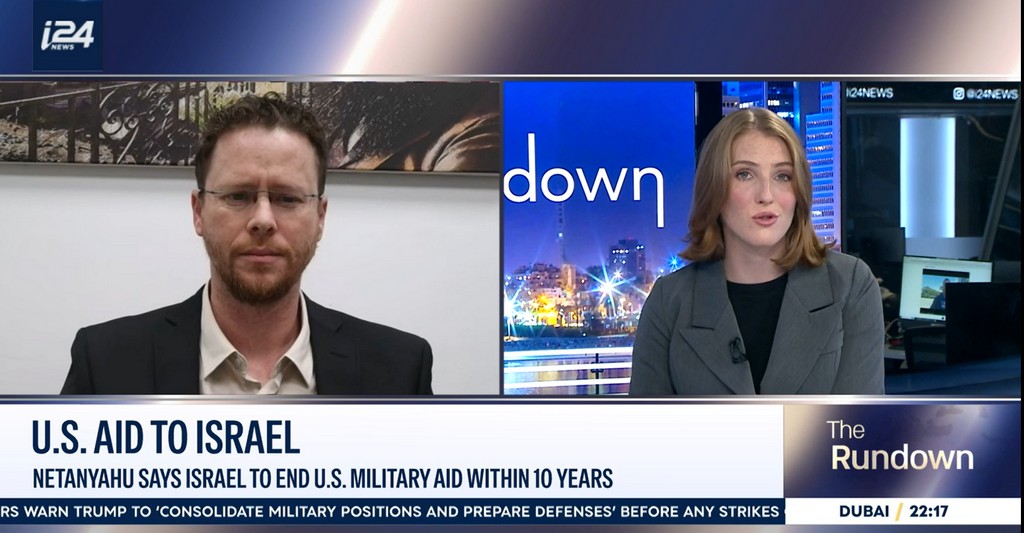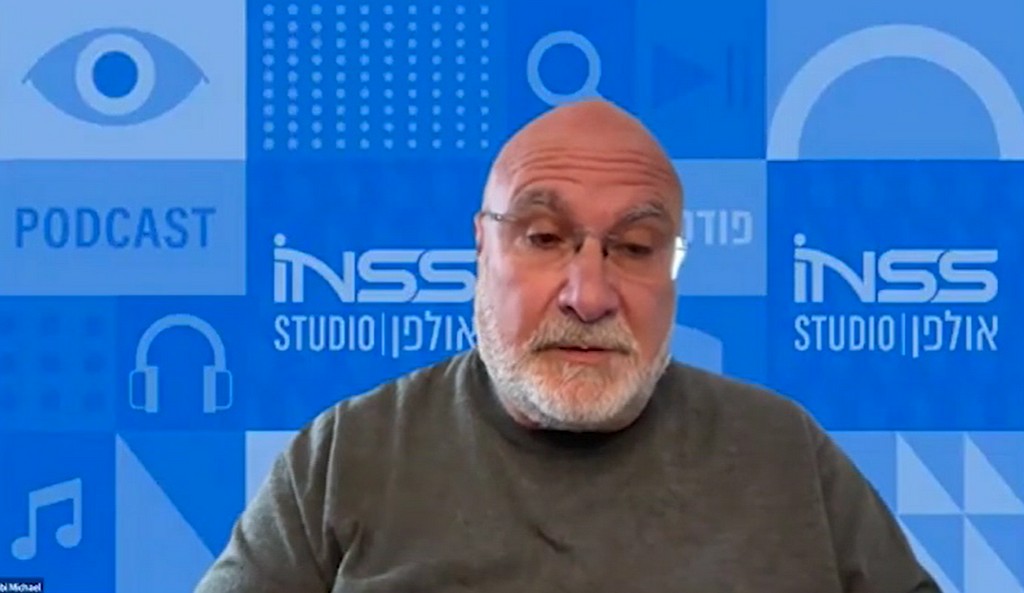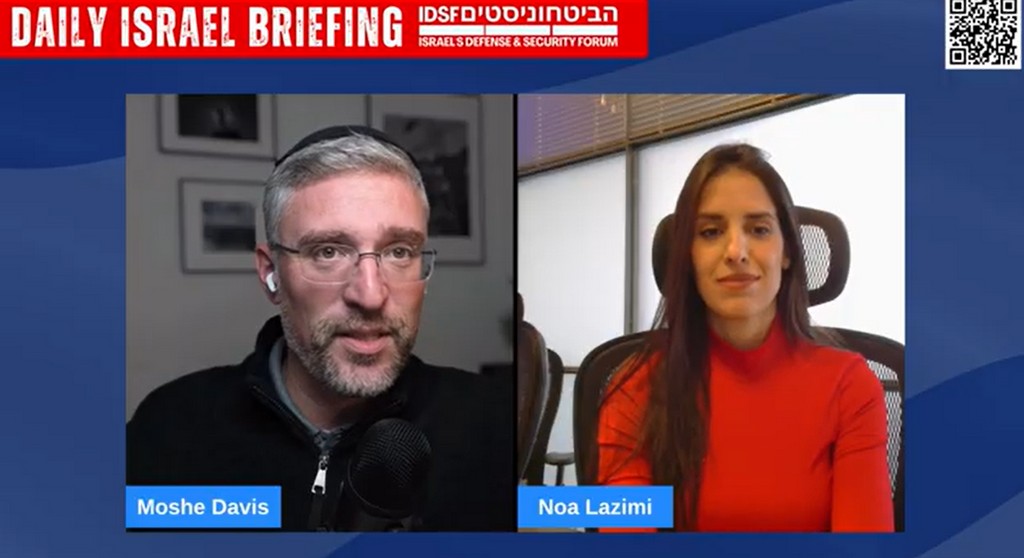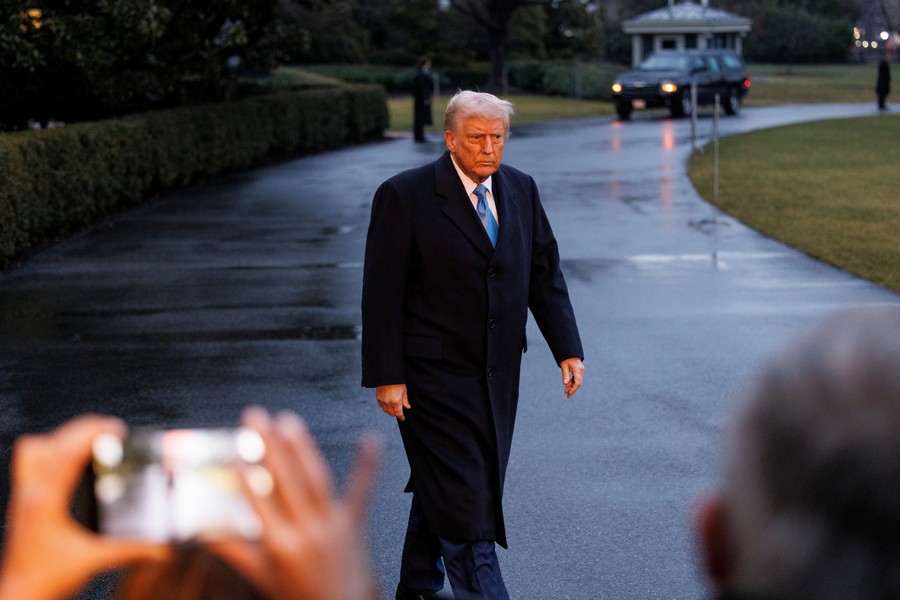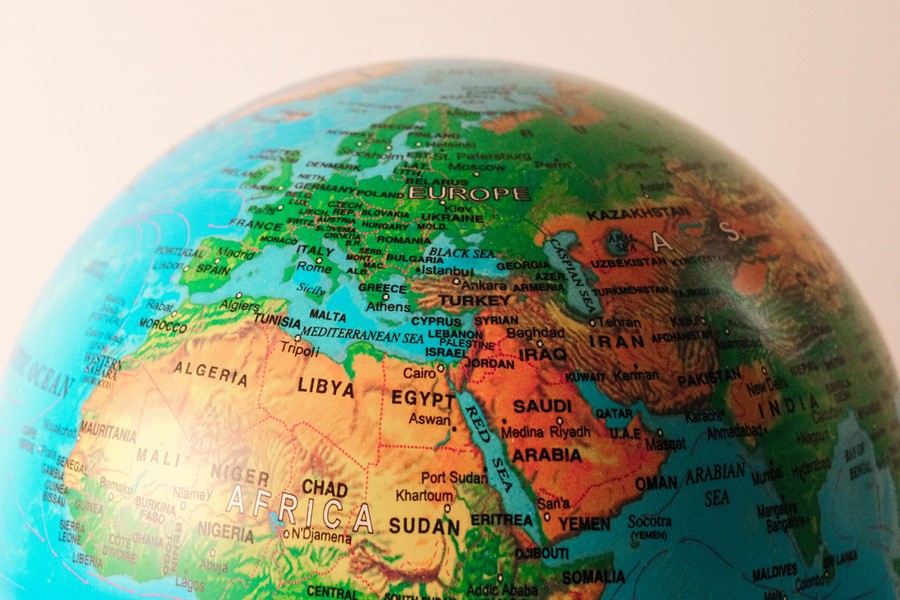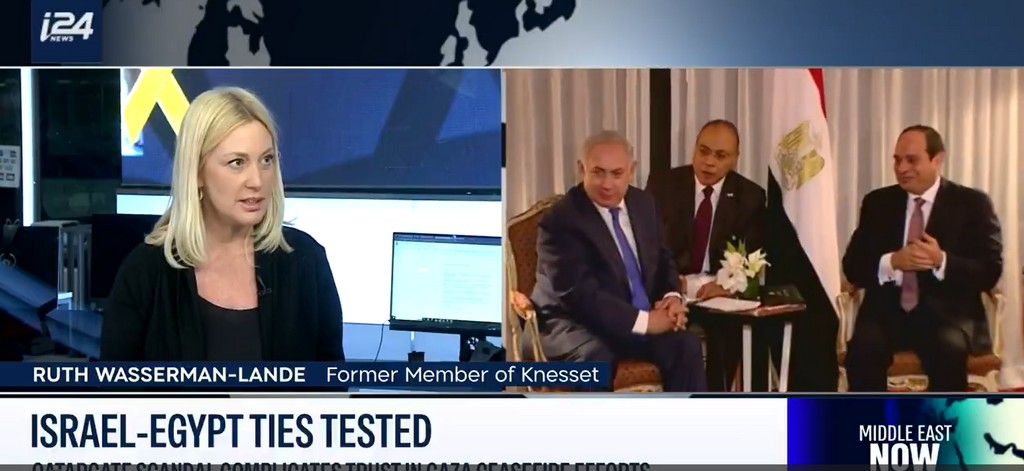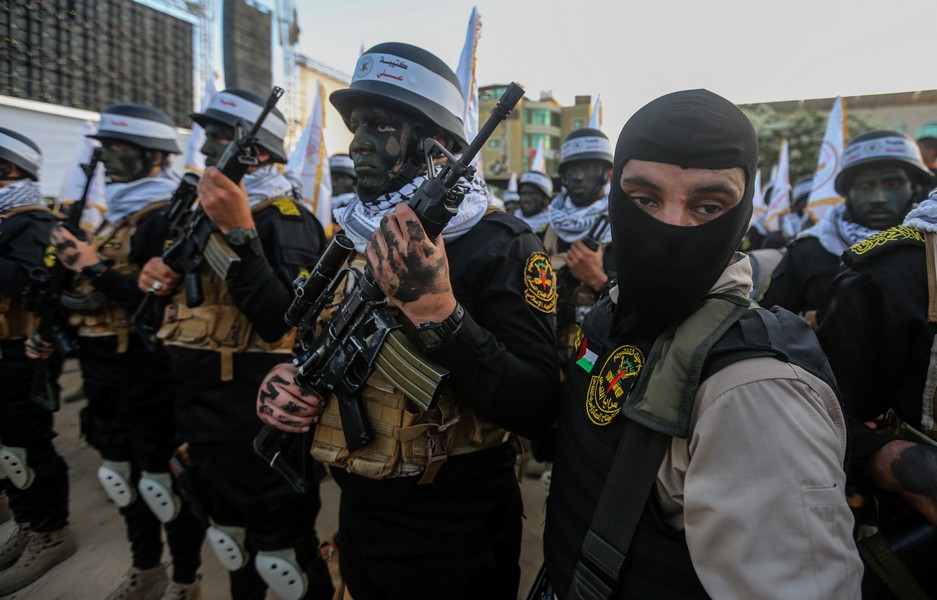Prof. Kobi Michael: Israel expects Washington to lead any operation, while preparing for escalation if Iran responds with strikes on Israeli territory. I think that the Israeli perception is that the United States will remain in the lead. But Israel prepares itself to be involved if the Iranians retaliate by attacking Israel. Israel will not contain it and will for sure pursue the beginning of the end of the regime.
If Trump wants to keep deterrence vis-à-vis all American adversaries, then he has to do something. Otherwise, if it will be only empty words, it will be a very problematic situation and can escalate to something way bigger.
Published in The Media Line, January 14, 2026.
